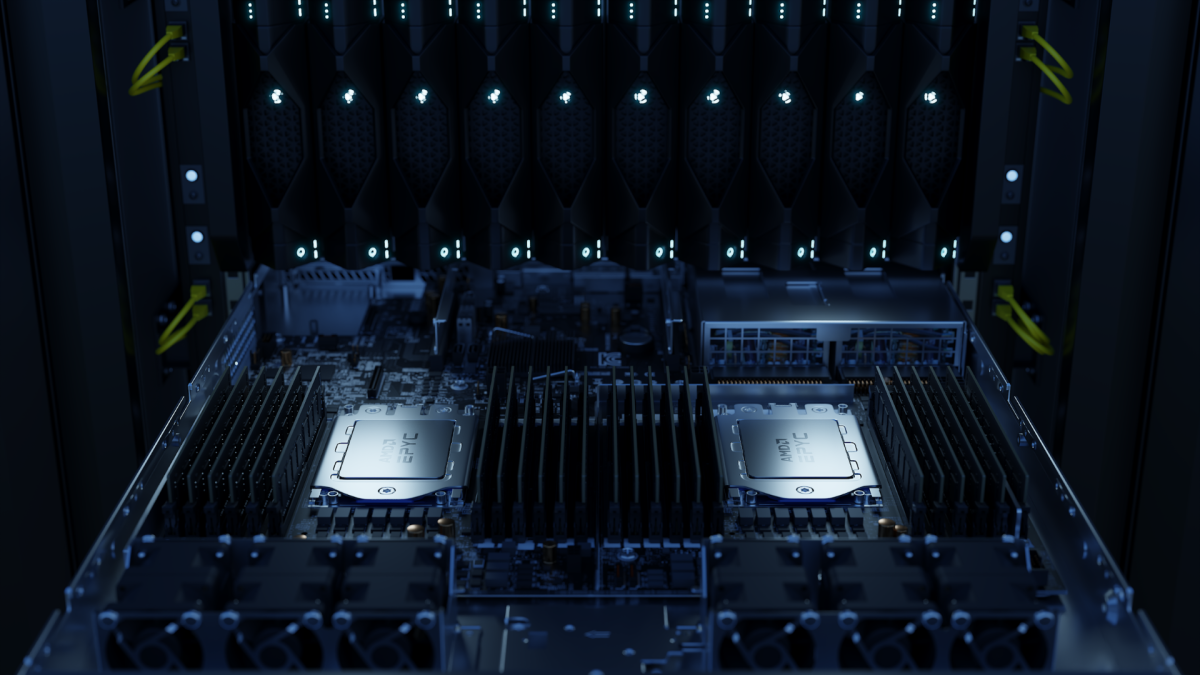Aleph Alpha, a German start-up working to establish Europe as a critical player in artificial intelligence, has deployed the HPE Apollo 6500 Gen10 Plus Systems and ProLiant DL385 servers, powered by AMD EPYC™ processors, to establish artificial intelligence (AI) models that reflect the linguistic diversity of Europe.
Artificial intelligence (AI) promises to transform our lives, and Europe recognises it must create its own AI models to reflect the continent's language diversity. To this end, Aleph Alpha is leading Europe's response by developing Natural Language Processing models across English, French, German, Italian, and Spanish.
Language plays a crucial role in AI as it enables communication and interaction between humans and machines, facilitating the development of natural language processing (NLP) models that can understand, interpret, and generate human language. To this end, Multilingual AI models are essential in addressing language diversity, fostering inclusivity, and enabling global accessibility to AI technologies, thereby expanding the reach and impact of AI on humanity.
Aleph Alpha's latest model, Luminous, can process, analyse, and generate various texts without user-specific training, utilising over 200 billion parameters. Luminous is available as AI-as-a-service, accessible to multiple users through an interactive user interface.
Using HPE technology to support NLP model development, Aleph Alpha has built a powerful and smart data centre that features HPE ProLiant DL385 servers with AMD EPYC processors, the world's highest-performing x86 server CPU. The data centre can manage huge high-performance computing workloads and offers workload isolation for different projects and users.
Highlighting how AMD has supported the company to develop its innovative models, Lutz Kirchner, CIO/CTO, Alpha Layer GTS GmbH said “We have a 200 sqm data centre with the performance of a 2,000 sqm facility. HPE and AMD have brought outstanding performance and made us so much more competitive.”




